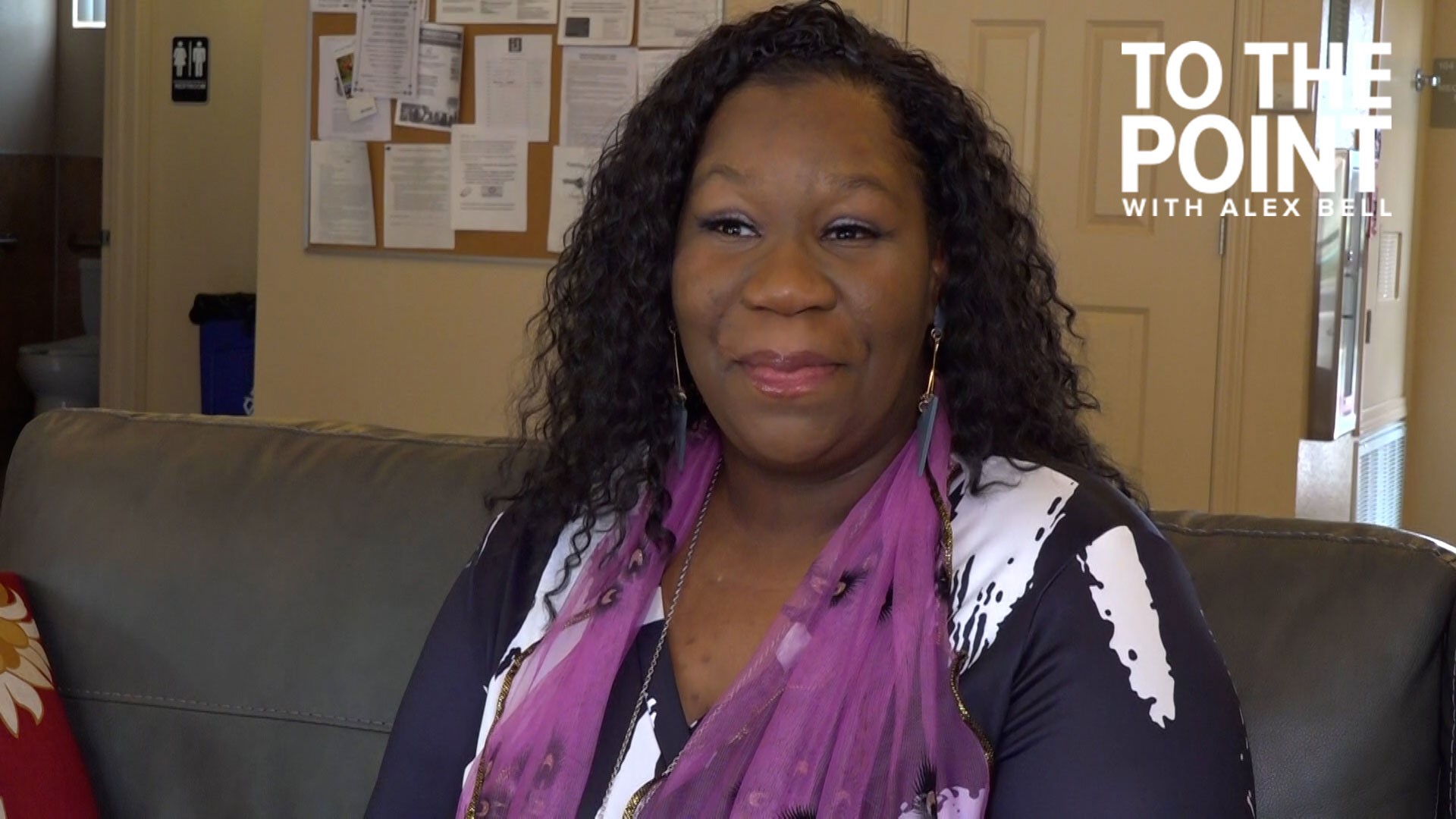SACRAMENTO, Calif. — The city of Sacramento is breaking ground on a new housing development for people transitioning out of homelessness.
It's called Northview Pointe and it's located in North Sacramento, off Northgate Boulevard near Garden Highway.
Set to open summer 2024, Northview Pointe will eventually be able to house about 100 people. It will include wraparound services to support people as they transition out of homelessness.
That’s as there are more than 9,200 people experiencing homelessness county wide.
La Shelle Dozier, executive director of the Sacramento Housing and Redevelopment Agency, said projects like Northview Pointe are crucial.
"Until we create more housing, until we make sure there are projects like this one that has all of the wraparound services and all the amenities people need so that they can be successful in housing, then we're going to continue to find ourselves in the predicament that we are today,” she said at Monday’s groundbreaking ceremony.
Excelerate Housing Group - a woman-owned real estate development company that creates new affordable housing – is the Northview Pointe developer.
Hope Cooperative will provide the wrap-around services there. The funding for that comes from state and federal dollars – specifically, the U.S. Department of Housing and Urban Development’s Continuum of Care and California’s CalAIM program, according to a news release about the project.
But what exactly does “permanent supportive housing” look like, in action? And who benefits from it?
For those answers, Hope Cooperative connected ABC10 with a woman named Ashley Clark. She lives at one of Hope Cooperative’s existing permanent supportive housing communities and has a powerful story to share.
“I had made some wrong choices in my life, and I ended up getting involved with the wrong man, which caused some domestic violence, which caused me to lean on substances as a coping mechanism,” she told ABC10 in an interview Monday. “Addiction is a vicious cycle. Abuse is a vicious cycle, and it all stems from individuals not facing the traumas that they have dealt with in their childhood and in life.”
One trauma Clark faced happened after a relapse in 2014.
“I ended up actually going back out into the streets, which is where (my abuser) found me and I ended up getting shot…I was shot in the face,” she said. “I ended up going to the trauma unit. I ended up having to stay there for about two weeks.”
She says it was there WellSpace Health connected her with shelter.
“She ended up getting me a bed at Salvation Army, the women’s portion. That is where I learned how to have to talk again. I didn’t want to talk. I had to get my whole mouth rewired. I only have a scar left from where I was shot at, and then a few other scars over my body, but God is good. I learned about how to serve there, how to talk again. I ended up going to Bible studies, which encouraged me to actually talk and want to be seen by people,” said Clark.
After staying and recovering there a year, Clark got into the Palmer Apartments. That’s one of the communities operated by Hope Cooperative, which has been providing behavioral health and supportive housing services for people with mental health challenges in the Sacramento area for more than 40 years.
She stayed at Palmer Apartments for about a year.
“After a year of strenuous drug testing clean continuously, finishing my courses, finishing my counseling - I have all my certifications here as a reminder not to go back and to make smart choices,” she said, placing her hand on a large binder. “They ended up allowing me to get an apartment here.”
She’s at one of Hope Cooperative’s permanent supportive housing communities.
“I’ve been here almost 10 years. I’ve been able to get my GED. They provide counseling here if we need to come into the office. They also give us different toiletries... until I was able to get my own jobs. They take us to our mental health appointments, doctors appointments. They even take us to the grocery store if we need to go there, until we get our own transportation,” said Clark. “In the first three years, it was hard for me to be OK, to not have to struggle or hustle or grind and to just be OK that all my bills are paid, my children are safe, I’m safe. He doesn’t know where I am and he can’t find me and everything’s alright.”
She said permanent supportive housing has changed her life.
“As of the last two years, I became a drug and alcohol counselor myself. Through InterCoast College, I went and got certified,” she said. “I love the Lord. He has redeemed me. My children are healthy and well. I just thank you, Hope Cooperative, for all that you do.”
WATCH ALSO:



















